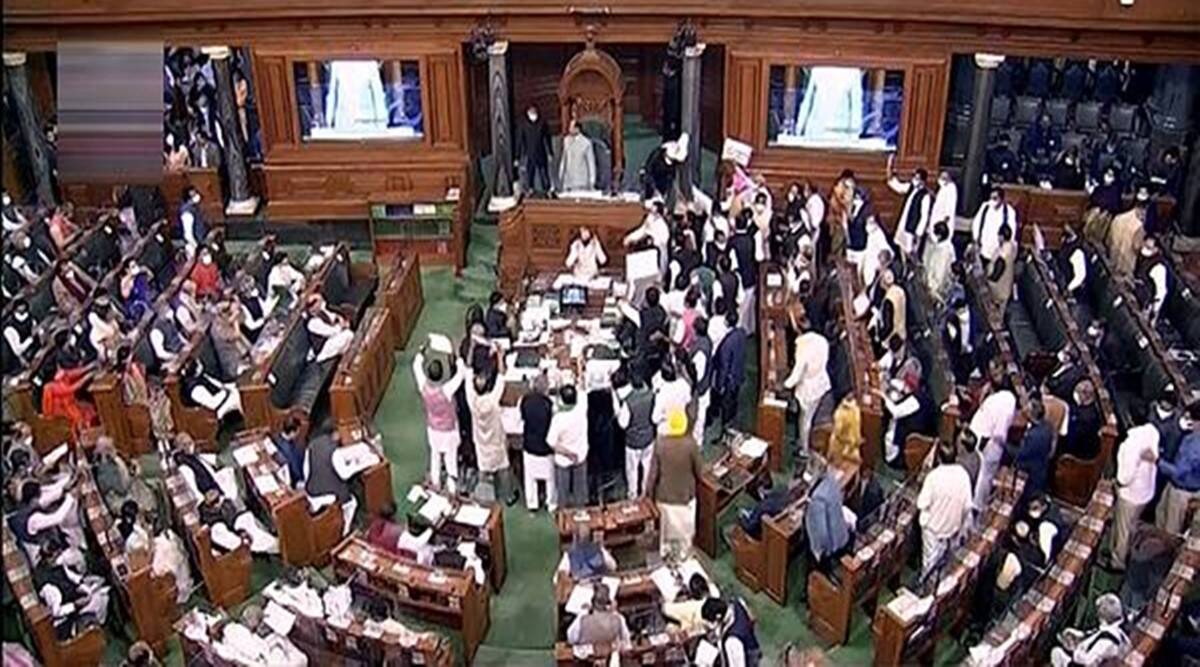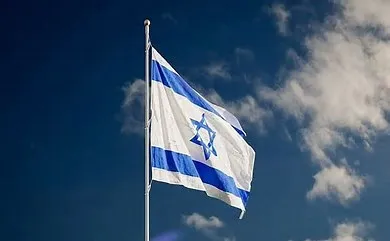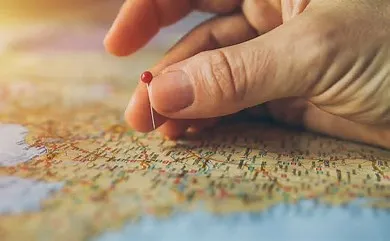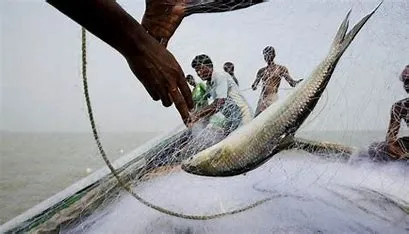This week, Parliament passed a historic bill for women’s empowerment, which provides a 33% quota for women. On Wednesday, the Lok Sabha approved the Women’s Bill in Parliament and legislatures through a voice vote. Of 543 MPs, 454 supported the Bill, with only two members opposing it. This gender bill marks a significant milestone towards empowering women in politics. The next day, the Rajya Sabha unanimously passed the Bill, with all 215 members voting in favour. With both houses clearing the Bill, Kudos to the Prime Minister and Kudos to all the lawmakers.
Modi recognized the parliamentarians’ success in overcoming the “agni parisha” and praised all parties in the house for their work towards achieving gender equality. This demonstrates the need for Congress and the BJP’s cooperation to pass any Bill. Other parties also claimed credit for the legislation’s success. Congress leaders like Sonia Gandhi celebrated the victory and demanded prompt implementation, calling the bill ‘Our Bill”. It is beneficial for parties to appeal to female voters before the upcoming Assembly and Lok Sabha elections. Even though India’s Constitution emphasizes gender equality, women comprise almost half of the population; they have historically been underrepresented in Parliament and state legislatures.
The Bill has faced several obstacles till now. It has been introduced and abandoned multiple times due to disagreements among political parties. However, the primary reason for its failure is the reluctance of male legislators. They fear losing their perceived importance.
In the past, negotiations over the percentage of female representation have hindered progress in gender equality. Prime Minister Rajiv Gandhi initiated the process, and his wife, Sonia Gandhi, succeeded partially by getting it through Rajya Sanha. During the Vajpayee era, Parliamentary Affairs Minister Sushma Swaraj attempted to build consensus but faced opposition from parties like SP and RJD. Throughout the discussion of the Bill, there was a suggestion to include sub-quotas within the quotas. The Women’s Reservation Bill Report 1996 suggested reservations for OBC women and reservations for the Rajya Sabha and Legislative Councils. However, these recommendations still needed to be incorporated into the final Bill.
Some are concerned that if women from Other Backward Classes (OBC) are not adequately represented, only privileged women already in power will benefit from women’s reservation. Male politicians oppose the idea as well. The debate on women’s quota is complex. They are due to social, political, and cultural factors. It’s essential to build consensus among all the stakeholders.
Although the status of women has improved in India since the adoption of International Women’s Day in 1975, progress could have been faster. Politicians of all hues pay lip service to the cause but hesitate to support legislation that further empowers women.
The legislative journey of the Bill began 27 years ago, in September 1996, when Prime Minister Deve Gowda introduced the Bill in Parliament. Since then, though successive administrations have made numerous attempts, it has failed due to a lack of political will and consensus. The Manmohan Singh administration passed it in the Rajya Sabha in 2010 but was unsuccessful in Lok Sabha.
There is a divided opinion in almost all the parties except the Left. The primary opponents to the Bill were the Janata Dal-United (JD(U)), Rashtriya Janata Dal (RJD) and Samajwadi Party. The blame should also go to the women’s organizations who refused to accept the 20 per cent reservation proposed at one point instead of being pragmatic.
Despite the passage, women must wait until after the next Census and delimitation processes are completed by 2029. These exercises will commence after the next Lok Sabha polls. Other parties apprehend the BJP may leverage this for electoral advantages in the 2o24 and 2029 polls. So will the Congress, but the credit goes to Modi for pushing it through both houses. Several countries have implemented steps to ensure gender equality in political representation. They include reserving some legislative seats and promoting women’s political involvement.
India has signed international agreements for gender equality and women’s rights. Reserving political positions for women is in line with these commitments.
The United Nations gave it praise after Parliament passed the Bill this week. Susan Ferguson, the Country Representative for UN Women India, stressed the significance of women having political representation to continue their empowerment. She described the Bill as a “bold” and “transformative” measure to help reach this objective.
It is mandatory to reserve one-third of the seats in Panchayati Raj Institutions at the village level for women. The same applies to one-third of the chairpersons at all Panchayati Raj Institutions and urban local bodies. As a result of this policy, more than a million women sarpanches currently serve at the grassroots level. Secondly, more women in political positions will lead to more inclusive decision-making. It can also inspire girls and young women to pursue careers in politics and public service by emulating successful women leaders.
Supporters argue that a quota is essential to address the underrepresentation of women in Indian politics and decision-making bodies. They believe it will empower women, promote gender equality, and give them a stronger voice in shaping policies and legislation. Additionally, it is a step towards correcting the historical and systemic gender imbalances in Indian politics.
Setting aside seats in Parliament for women is perceived by some as unfair and may reinforce inequality. Rotating these seats every election could decrease motivation among MPs. Furthermore, concerns exist that women may be chosen for these reserved seats based on connections rather than qualifications, leading to accusations of tokenism.
Although Parliament has cleared the Bill, more is needed to solve all gender-related issues. Achieving true empowerment involves changing people’s mindsets. It also involves fights against harmful practices such as rape, khap panchayats, honour killings, and Sati.
Although there are laws in place, their enforcement could be better. Women who hold positions of power, such as Sonia Gandhi, Mamata Banerjee, Mayawati, and Mehbooba Mufti, assist those less fortunate. These leaders could provide support and aid to other women in need. The 33% reservation for women is a valuable opportunity that should be utilized to its fullest potential.

















